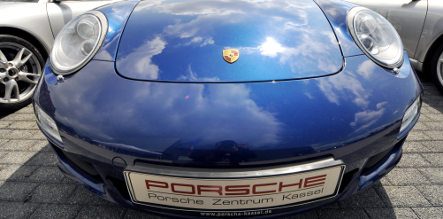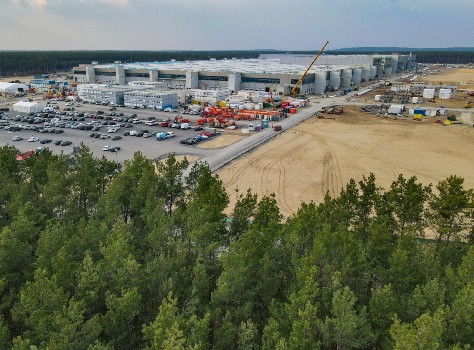A spokesman for Porsche – producer of the iconic 911 sports car – confirmed a report in Der Spiegel magazine that it had secured a loan of €700 million ($980 million) from VW, in which it holds a 51 percent stake.
“The loan expires at the end of September,” the spokesman said without giving further details. “Porsche is not on the verge of bankruptcy,” he added.
Porsche asked for the loan in March, as the company struggles to raise cash to finance the huge mountain of debt it undertook when bidding to take over the much larger VW, the magazine said.
At the time, Porsche needed to raise €12.5 billion. The spokesman said it has got €10 billion from the banks, leaving it needing around €1.75 billion after the €700 million from VW is taken into account.
“We are still lacking €1.75 billion. We are negotiating with several banks, including the KfW (state development bank),” the spokesman said.
Porsche has found itself facing debts of €9 billion during its ambitious takeover bid for VW – Europe’s biggest carmaker.
After the bid failed, the two auto giants agreed on May 6 to begin merger talks, giving themselves four weeks to agree a tie-up but negotiations have since foundered amid clashes between the bosses of the two firms.
Shares in Porsche plunged more than six percent on the German stock market before recovering in late trade on Monday.



 Please whitelist us to continue reading.
Please whitelist us to continue reading.
Member comments